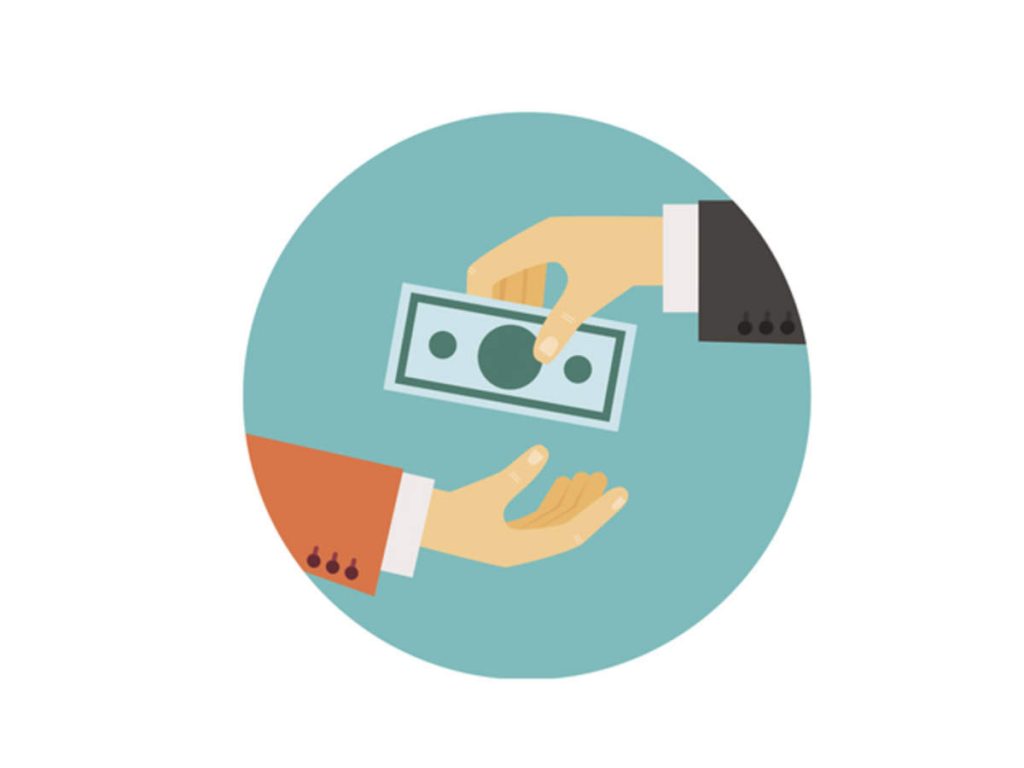Advantages And Disadvantages Of Applying For A Personal Loan
Are you considering taking a personal loan but are unsure if it’s the right choice for you? Personal loans can be a great way to cover large expenses, from home renovations to medical bills, but there are both advantages and disadvantages to applying for one. Before making your decision, consider these key points regarding monthly payments, interest rates, and fees, and how much you can afford each month. A well-informed decision will ensure that you make the best choice for your financial needs.
Advantages of Applying for a Personal Loan
Applying for a personal loan can be a great way to finance large expenses. There are several advantages when it comes to taking out a personal loan. For starters, the process is relatively simple compared to other types of loans. Additionally, you may be able to find competitive interest rates if you have good credit. This could help you save money on your loan payments over time. Additionally, personal loans often have fixed repayment schedules, making them easier to budget for than other loans such as credit cards or payday loans which may require variable payments or lump sum payments due at once. Finally, personal loans can provide greater flexibility than other types of loans since there are no prepayment penalties for paying off the loan early and many lenders offer different repayment plans that can meet your needs better than other loan products.
Disadvantages of Applying for a Personal Loan
Applying for a personal loan can have its drawbacks as well. For starters, lenders often require a credit check inequality for a loan, which could negatively impact your credit score if you do not have good credit. Additionally, many personal loans come with origination fees, late payment fees, and other associated costs that can add up over time. Furthermore, if you are unable to make your payments on time or fail to pay off the loan within the loan term, you may be subject to high-interest rates and additional fees. Finally, some personal loans require collateral such as an automobile or home equity as security for the loan. If you fail to make payments on these types of loans, the lender could take your collateral to recoup their losses.

Monthly Payments
Monthly payments are an integral part of any loan agreement, and can significantly impact the overall cost of a loan. A borrower’s monthly payment is determined by the loan amount, interest rate, and loan term. Generally, the higher the loan amount and interest rate, the higher the monthly payment will be. Additionally, if you opt for a longer loan term, your monthly payments may be lower but you will pay more interest over time. It’s important to consider how much you can afford in terms of your monthly payments when determining what type of loan to apply for in billigste-forbrukslån.no. You should also make sure that your budget allows for other expenses while making regular payments on your loan.
How Much You Can Afford to Repay Each Month
When it comes to deciding how much you can afford to repay each month for your loan, there are several factors to consider. First, you should take a look at your current income and expenses and determine how much money is left over after bills and other necessary expenses are paid. This will give you an idea of how much disposable income you have available for making loan payments. Additionally, you should also look at your credit score and report to ensure that the amount of the loan you’re applying for is within your means. Finally, be sure to factor in any prepayment penalties or origination fees associated with the loan before making a final decision. By taking all of these elements into account, you will be able to determine what size of monthly payment fits within your budget and allows for other necessary expenses.
Prepayment Penalties and Time Payments
Prepayment penalties and time payments are two important aspects to consider when applying for a loan. Prepayment penalties are fees that may be charged if you pay off your loan in full before the agreed-upon term is up. These fees can vary greatly depending on the type of loan and lender, so it is important to understand exactly what terms are associated with your loan before signing any paperwork. Additionally, some lenders allow for time payments which means they will let you extend the loan’s term to reduce the monthly payment size. This can be beneficial if you find yourself unable to make larger payments due to a change in financial circumstances or other reasons. Ultimately, it is important to read through all of the fine print associated with your loan before deciding so that you fully understand any prepayment penalties or time payment options available.
Interest Rates and Fees
Interest rates and fees are two key factors to consider when applying for a personal loan. Generally, the interest rate will determine how much you end up paying in the long run, so it is important to look into different options and compare rates before making a decision. In addition to interest rates, some loans may also have additional fees such as an origination fee or late payment fees. It is important to read through all of the terms and conditions associated with each loan so you fully understand any fees that may apply. Additionally, your credit score and report can play a role in determining what type of loan you qualify for as well as the associated interest rate and fees. Ultimately, it is important to do your research before signing on any dotted lines to get the best deal possible.
By doing your research and considering key factors such as interest rates and fees, you can take the guesswork out of finding the right personal loan. But don’t forget to pay attention to origination fees and late payment fees too – they could end up costing you in the long run!
Origination Fees and Late Payment Fees
Origination fees and late payment fees are two important factors to consider when applying for a personal loan. Origination fees are charged by lenders when you first apply for the loan and can range from one to six percent of your total loan amount. Late payment fees, on the other hand, are incurred when you miss a monthly payment or make a late payment. It’s important to understand what types of origination and late payment fees may be associated with the loan you’re considering so that you can budget accordingly. Additionally, if you have a good credit score and history, you may be able to negotiate lower origination fees or avoid them altogether. Ultimately, it’s essential to do your research to find the best deal possible and ensure that any origination or late payment fees don’t put too much of a strain on your finances.
Loan Interest Rates Based on Credit History and Income Ratio
Loan interest rates can have a significant impact on the total cost of a loan. Generally, those with better credit histories and higher income ratios will be offered lower interest rates than those with bad credit scores or lower incomes. Credit scores are determined by your payment history, length of credit history, type of debt, and other factors. The income ratio is calculated by dividing your total monthly debt payments by your gross income. Lenders look at both factors to determine the amount of risk associated with lending you money, so if you have a good credit score and steady income, you may be able to get more favorable terms and even avoid certain fees like origination fees. However, if your credit score is poor or you have a low-income ratio, lenders may charge higher interest rates or require additional collateral to secure the loan. It’s important to do your research and understand what type of loan terms you’re likely to get before signing any paperwork.

Conclusion
When considering taking out a loan, it’s important to factor in the interest rate and other associated costs. Credit scores and income ratios are two key factors that will affect the interest rate you’re offered, so it’s important to understand how these work before applying for a loan. Additionally, you should make sure you understand all of the fees associated with the loan and whether or not there are any prepayment penalties or late payment fees. Finally, make sure you compare different types of loans and understand which one is best suited for your needs. Taking the time to do this research can help ensure that you get the most favorable terms available and help protect yourself from any potential financial problems down the line.

